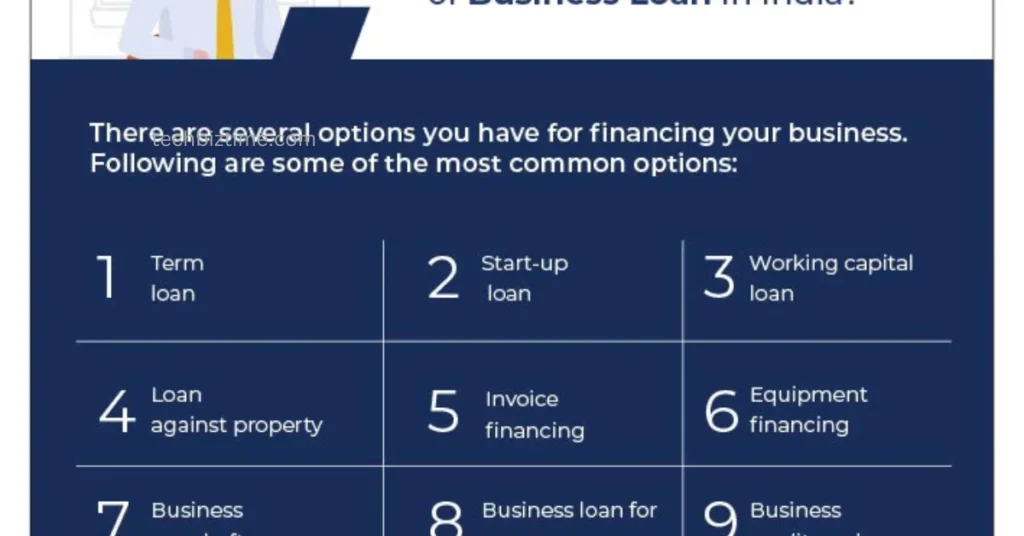Getting business loans is a good way to get the funding you need to start up or grow your business. But, there are many different types of business loans, and knowing which one is right for you is a critical step to securing the funds you need.
Secured vs unsecured
Whether you are starting a new business or expanding an existing one, you may need a small business loan. There are many options available, but the best loan for your business depends on your needs.
Taking out a secured business loan will require you to provide collateral. This is usually property and other business assets. The benefits of using this type of loan include lower interest rates and longer repayment terms. A secured loan is also a good option for business owners who have poor credit.
Unsecured business loans carry a higher risk for the lender. You may not be able to get a loan if you have poor credit, which can lead to damage to your credit score.
An unsecured loan will also likely have a smaller amount. In addition, you will likely be required to fill out more paperwork to prove your business is worth the money.
Invoice financing
Using invoice financing to acquire working capital can be a great way to fund your business’s growth. The process works similarly to a bank line of credit. You borrow against the value of your invoices, and then you pay back the lender when the invoices are paid. In most cases, you will get your money back within one business day.
Invoice financing is also a good way to get around tight cash flow problems. It can help you collect monies from slow-paying clients, free up your outstanding receipts, and give your management team the freedom to pursue important business initiatives. It also provides you with a more reliable way to pay employees, vendors, and suppliers.
While invoice financing is not for everyone, it can be a smart way to access working capital quickly.
Business Loans Microfinance
Getting a Microfinance business loan is a good idea for people who wish to start a business but do not have access to traditional financial resources. Microfinance has helped many people in developing countries improve their lives through entrepreneurship.
Microfinance is a non-profit banking system that is not subject to the same rules that apply to commercial banks. The primary purpose of microfinance is to improve the lives of the poor.
Microfinance firms provide loans, business training, and counseling to the needy. The main goal of microfinance is to help the poor become entrepreneurs.
Microfinance business loans usually have a high-interest rate. The interest rate increases with the size of the loan. It is also important to take into account the repayment capacity of the country.
Virgin’s StartUp Business Loans
Unlike other loans, Virgin’s StartUpLoan business loan is designed for new and growing businesses. There’s no minimum trading requirement and the repayment period is flexible. You can get funding in as little as three weeks. The best part is, there’s no set-up fee.
You’ll also be treated to the company’s renowned customer service. A Virgin StartUp funding manager will assess your application, and if you’re successful, you’ll get six months of expert guidance from business advisers. They’re also known for running some programs to help entrepreneurs get their businesses off the ground.
As well as funding start-ups, Virgin StartUp also provides mentorship for existing businesses. You’ll also receive free priority access to Virgin StartUp MeetUp events and a 50% discount on Virgin StartUp events.
Northern Ireland Small Business Loan Fund
Invest Northern Ireland’s Small Business Loan Fund (SBLF) is a government-backed lending scheme designed to provide loans of up to PS15,000 to new businesses and PS50,000 to established small businesses. The loans are typically unsecured and range in interest rates from 6% to 10%.
The SBLF is a key part of Invest NI’s Access to Finance Strategy. It offers a variety of funding solutions, including loans and equity investments. It aims to become a one-stop shop for businesses in Northern Ireland.
The SBLF is available to all private companies, but there are additional criteria that businesses must meet. For example, they must be located in Northern Ireland and tradeable services sectors. They must also have a turnover of PS250,000 or more within five years.
